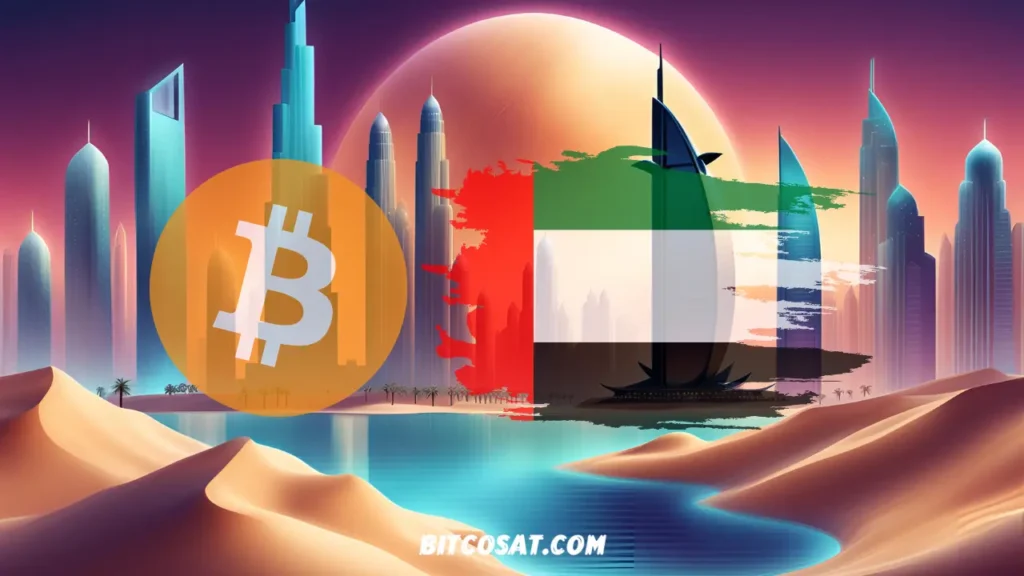The Dubai Financial Services Authority (DFSA) has announced amendments to its cryptocurrency token regime to strengthen and develop the regulatory framework for tokens within its special economic zone.
The Dubai Financial Services Authority is an independent regulatory body in the United Arab Emirates, which oversees entities registered in the Dubai International Financial Centre, one of the special economic zones in the country.
On June 3, the DFSA said it had revised its crypto token regime to reflect changes arising from Consultation Paper 153, which it published in January 2024.
The amendments addressed several vital areas, including funds that invest in crypto tokens and the process of recognizing cryptocurrency tokens.
Offshore and domestic funds that invest in cryptocurrencies
Regarding funds, the amendment affected the ability to offer units of offshore and foreign funds that invest in recognized crypto tokens.
Previously, the Dubai Financial Services Authority restricted the activities of funds involving cryptocurrencies.
In a recent consultation paper, the regulator said fund and asset managers described the regime as too stringent, with the DFSA writing:
They expressed the view that the current regulatory approach was too stringent, especially restrictions on offshore funds and foreign funds investing in cryptocurrencies, and for some, restrictions on investing in only recognized cryptocurrencies.
DFSA.
The changes also affected the ability of qualified local investor funds to invest in non-recognized tokens.
Since the system was enacted, the DFSA has only recognized 5 cryptocurrencies: Bitcoin, Ethereum, Litecoin, Ripple, and Toncoin.
While the regulator believes the recognition process is important, it has also considered the feasibility of allowing local funds to make limited investments in non-recognized cryptocurrencies as long as the exposure does not exceed 10% of the fund’s gross asset value (GAV).
Token recognition fees and stablecoin standards
Before the amendments, the token recognition application fee was $10,000 per token, but the DFSA noted that many considered these fees to be excessively high, especially for companies seeking recognition for multiple tokens.
In addition, some viewed the process as an unnecessary burden.
Based on feedback, the regulatory body reduced the fee to $5,000 and introduced additional criteria for recognizing stablecoins — cryptocurrency tokens linked to fiat currencies.
The Dubai Financial Services Authority also confirmed in its consultation paper that these changes do not indicate a more lenient stance.
We emphasize that our proposal does not mean that we are relaxing our approach, but rather aims to provide the DFSA with the flexibility necessary to recognize cryptocurrencies linked to fiat currencies issued in other jurisdictions with similar regulation.
Dubai Financial Services Authority (DFSA).
Encouraging the promotion of innovation
The DFSA’s chief executive, Ian Johnston, said in a press release that the regulator’s goal with the crypto token system is to “promote innovation responsibly and transparently.”
The executive added that they do this while also achieving their organizational goals. Johnston said:
At the Dubai Financial Services Authority, we have taken a balanced approach in developing this system and we remain committed to developing it in line with international best practices and standards.
Johnston.
According to the announcement, the changes reflect market developments, recommendations of international standard setters, and the supervisory experience of the regulator.
Besides, the regulator added, “Over the past two years, the DFSA has engaged with over 100 companies looking to obtain a license, and has gained valuable insights into market dynamics and regulatory needs.”
